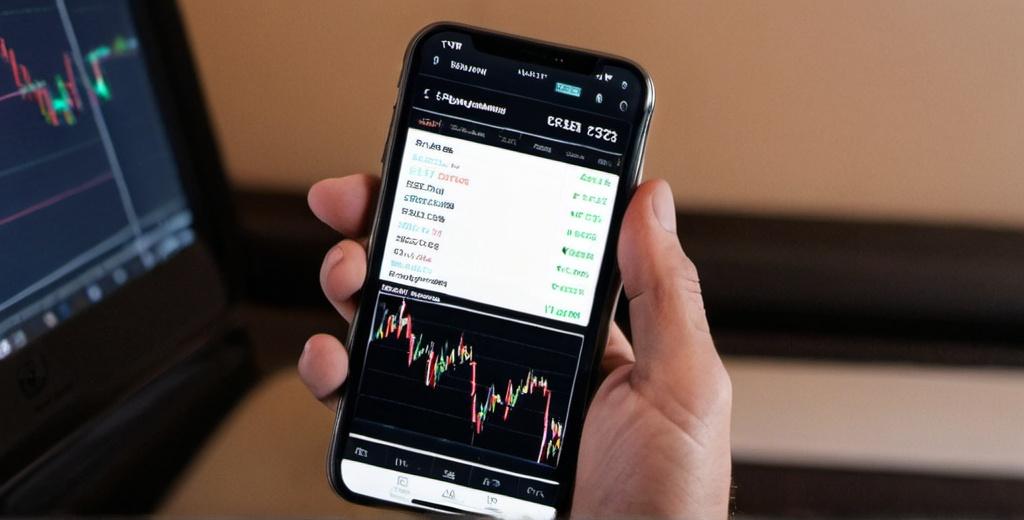CMA Regulated Brokers in Kenya
Forex trading has seen significant growth in Kenya over the past decade, driven by increased access to mobile banking, digital platforms, and market education. With the expansion of retail trading, particularly through mobile apps and online brokers, more Kenyans are participating in the global currency markets than ever before.
This rapid growth has also raised concerns about investor protection, market transparency, and the legitimacy of brokers operating in the country. In response, regulatory frameworks have tightened, with the Capital Markets Authority (CMA) of Kenya emerging as the main body responsible for overseeing forex brokerage activities.

Role of the Capital Markets Authority (CMA)
The CMA is a statutory agency established under the Capital Markets Act of Kenya. Its mandate includes regulating and supervising the capital markets industry to protect investor interests, ensure market integrity, and promote fair competition.
In the context of forex trading, the CMA is responsible for:
- Licensing forex brokers operating in Kenya
- Monitoring broker compliance with capital requirements
- Enforcing standards related to client fund segregation
- Addressing misconduct, fraud, or market manipulation
- Providing a legal framework for dispute resolution
By setting these standards, the CMA helps create a safer trading environment and builds public trust in the financial sector. For retail traders, choosing a CMA-regulated broker offers an additional layer of security and recourse in the event of malpractice.
Why Regulation Matters
Regulatory oversight affects nearly every aspect of the trading experience. Brokers licensed by the CMA are required to meet strict operational and financial criteria, which limits the likelihood of insolvency or unethical behavior.
Key protections include:
- Client fund protection: Regulated brokers must keep client deposits in separate accounts from company funds.
- Transparency: Fee structures, execution methods, and margin policies must be clearly disclosed.
- Capital adequacy: Brokers must maintain sufficient liquidity to meet withdrawal demands and operate sustainably.
- Audit and reporting: CMA-licensed brokers are subject to regular audits and must submit operational reports to the authority.
Traders using offshore or unregulated brokers have no such guarantees. In the event of a dispute, delayed withdrawal, or platform failure, there is often no legal recourse.
List of CMA-Regulated Brokers
As of the most recent updates, a small but growing number of forex brokers have been granted CMA licenses to operate in Kenya. These brokers typically offer platforms such as MetaTrader 4, MetaTrader 5, or proprietary trading apps and cater to local payment methods, customer support, and trading preferences.
While the full list of regulated brokers may change, updated information on licensed forex providers in Kenya can be found at forex.ke, a resource that tracks regulatory developments, broker comparisons, and legal compliance in the Kenyan market.
Key Factors to Consider When Choosing a Forex Broker in Kenya
Choosing a forex broker should go beyond spreads and leverage. Traders should evaluate:
- Regulatory status: Verify CMA licensing and check for any disciplinary actions.
- Deposit and withdrawal methods: Local funding options (e.g., M-Pesa, bank transfers) can streamline the trading process.
- Platform stability: Ensure the broker offers a reliable and responsive trading platform.
- Customer support: Local or regional support is beneficial, particularly when dealing with operational issues.
- Execution quality: Look for brokers with minimal slippage, no re-quotes, and competitive spreads.
- Educational resources: Brokers offering market updates, webinars, and tutorials can help new traders improve.
CMA-regulated brokers are more likely to meet these criteria, as they must maintain compliance with legal and operational standards that prioritize investor safety.
Challenges and Ongoing Developments
While regulation has improved the safety of forex trading in Kenya, challenges remain. Some unlicensed brokers continue to target Kenyan traders via online advertising or offshore registration. Others operate in grey areas—technically offshore but heavily marketing to local audiences.
The CMA continues to issue public warnings against unlicensed entities and encourages traders to verify broker credentials before opening an account. The development of Kenya’s regulatory framework is ongoing, with potential reforms that may expand licensing categories, improve dispute resolution, and tighten enforcement on cross-border activity.
Final Remarks
The growth of forex trading in Kenya brings both opportunity and risk. As more individuals participate in global currency markets, the importance of choosing a legitimate, regulated broker cannot be overstated. CMA-regulated brokers offer a layer of protection and transparency that offshore entities often lack.
For traders looking to start or continue trading forex in Kenya, selecting a CMA-licensed broker is a practical first step toward safer, more informed participation in the market. Updated lists of licensed brokers, market insights, and legal updates are available through platforms such as forex.ke, which serves as a useful reference for anyone active in Kenya’s forex sector.
This article was last updated on: July 1, 2025
